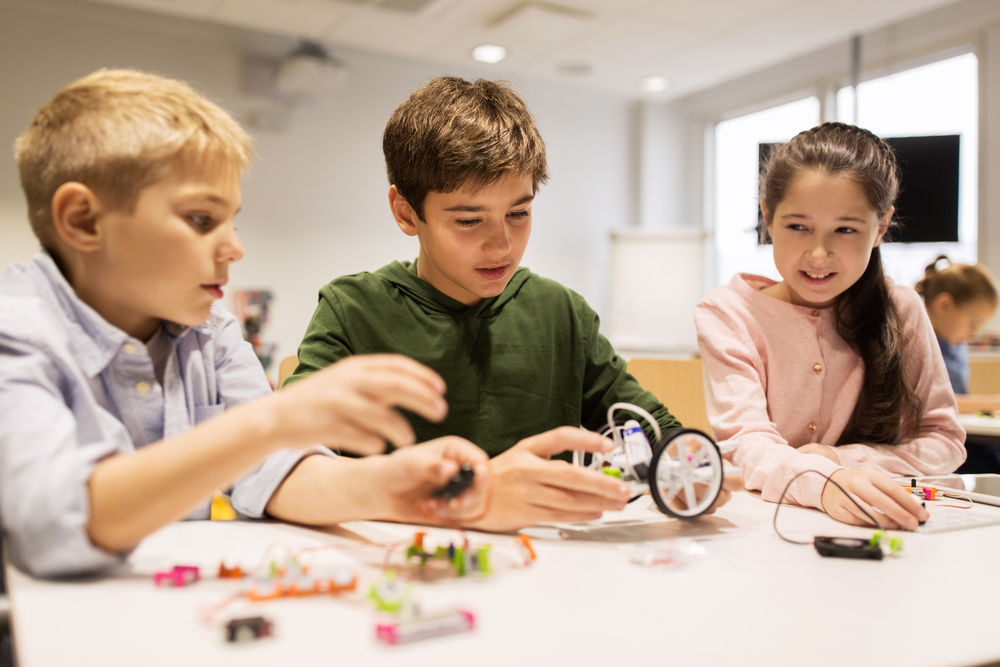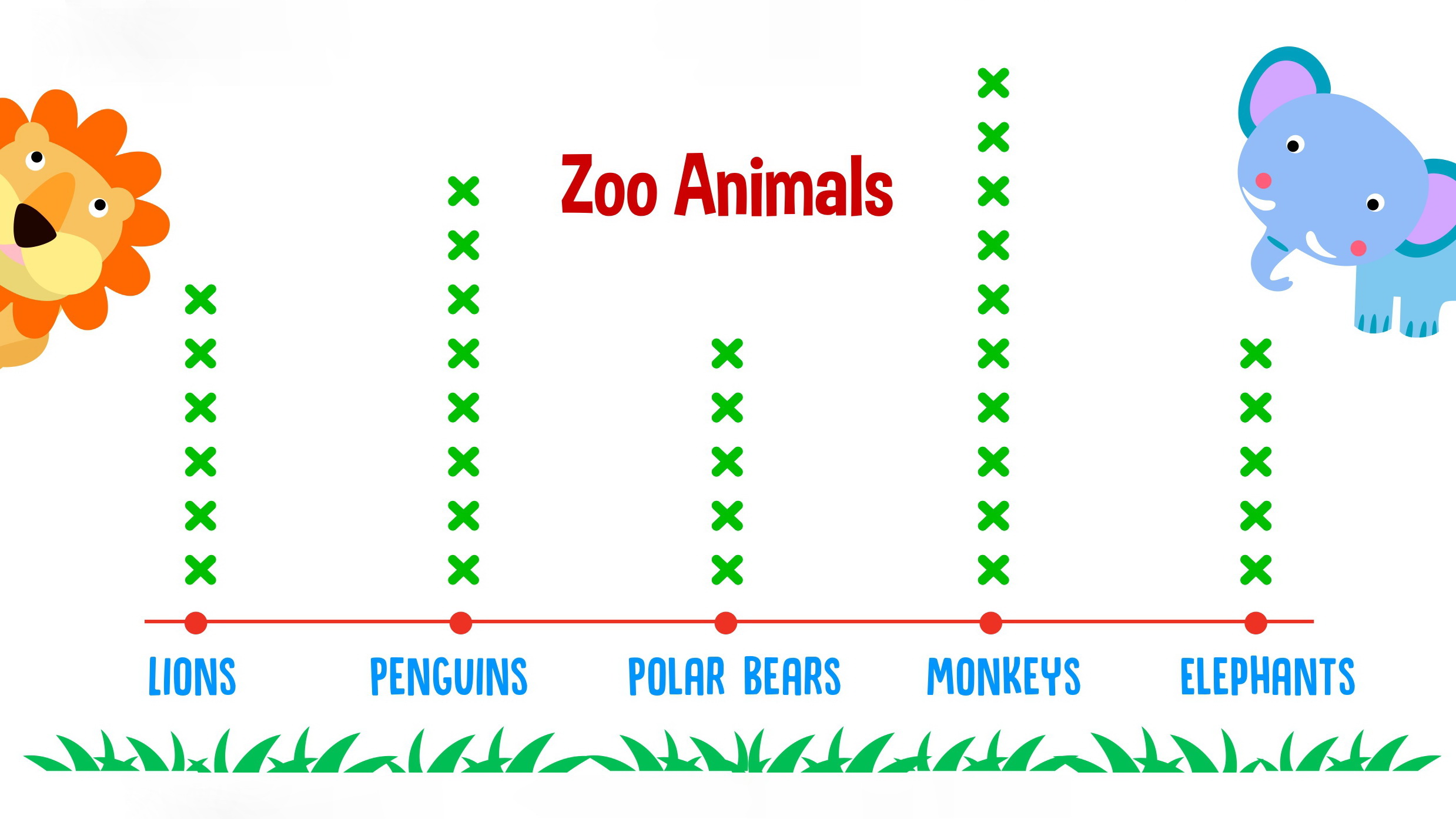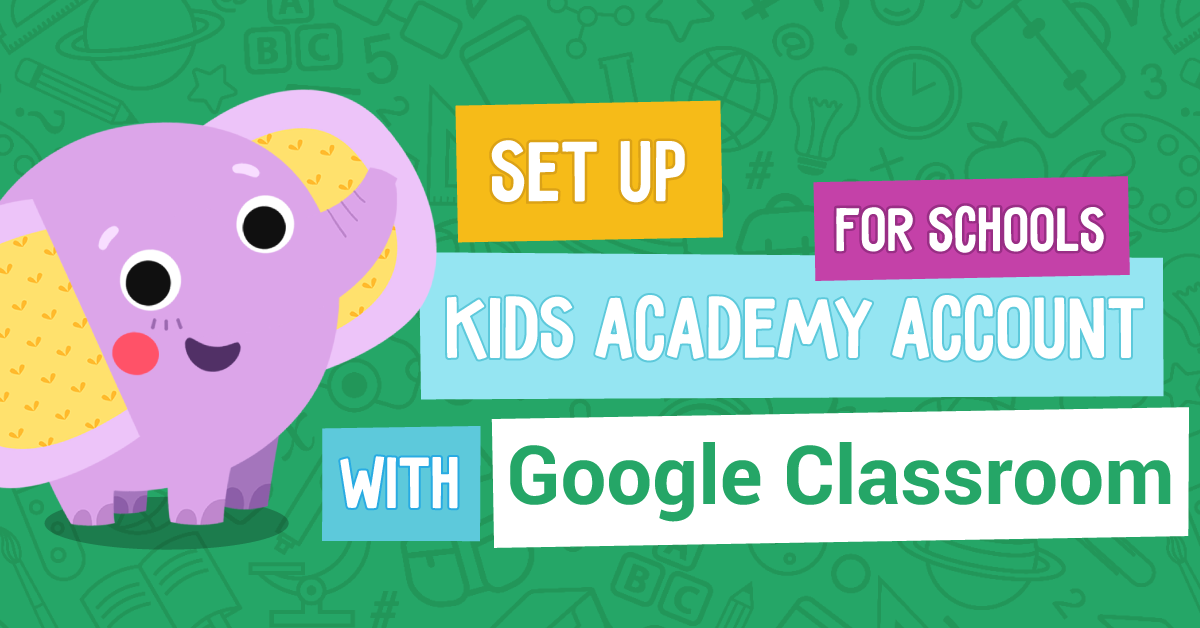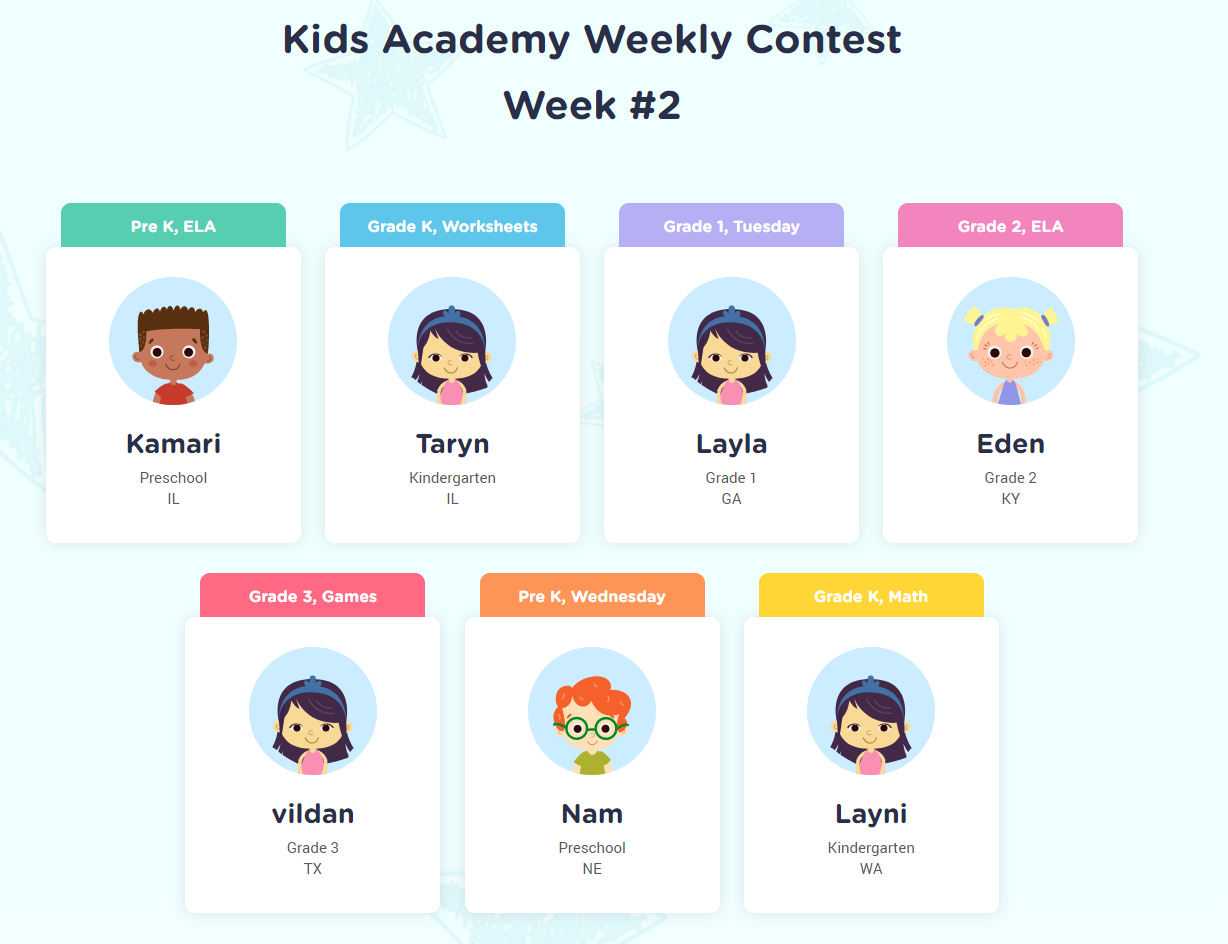Applying knowledge practically Worksheets for Kids
1 filtered results
-
From - To
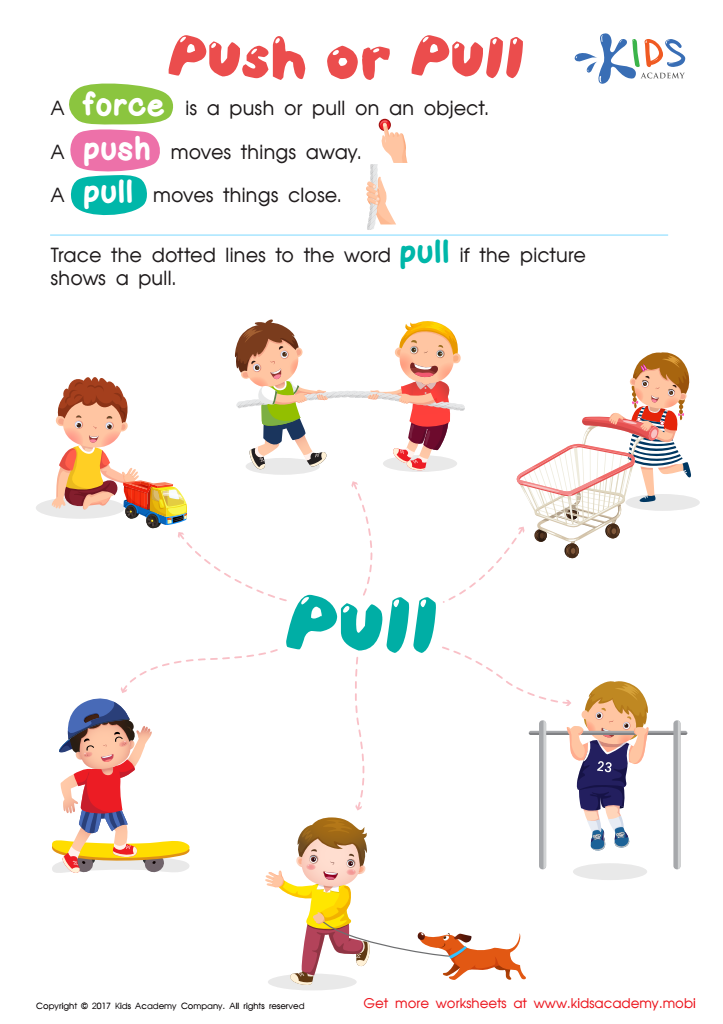

Pull or Push Worksheet
Question/Answer
How to test a Grade 1 student’s Applying knowledge practically skills?
To test a Grade 1 student's practical application skills, use hands-on activities that require them to apply what they've learned. Create simple problem-solving tasks, like basic math word problems, constructing sentences from a word bank, or science experiments with household items.
What are some effective activities to train students’ Applying knowledge practically skill when teaching them about Physical Science?
To train students in applying knowledge practically in Physical Science, incorporate activities like conducting experiments, building models or simulations, engaging in project-based learning that addresses real-world problems, participating in science fairs, and using virtual labs for experiments. These activities encourage hands-on learning, critical thinking, and the practical application of theoretical concepts.
How does the mastery of the Applying knowledge practically skill affect a student's performance at an early age?
Mastery of the "Applying knowledge practically" skill significantly boosts a student's performance at an early age by enhancing their problem-solving abilities, improving critical thinking, and fostering a deeper understanding of concepts.
 Assign to the classroom
Assign to the classroom

